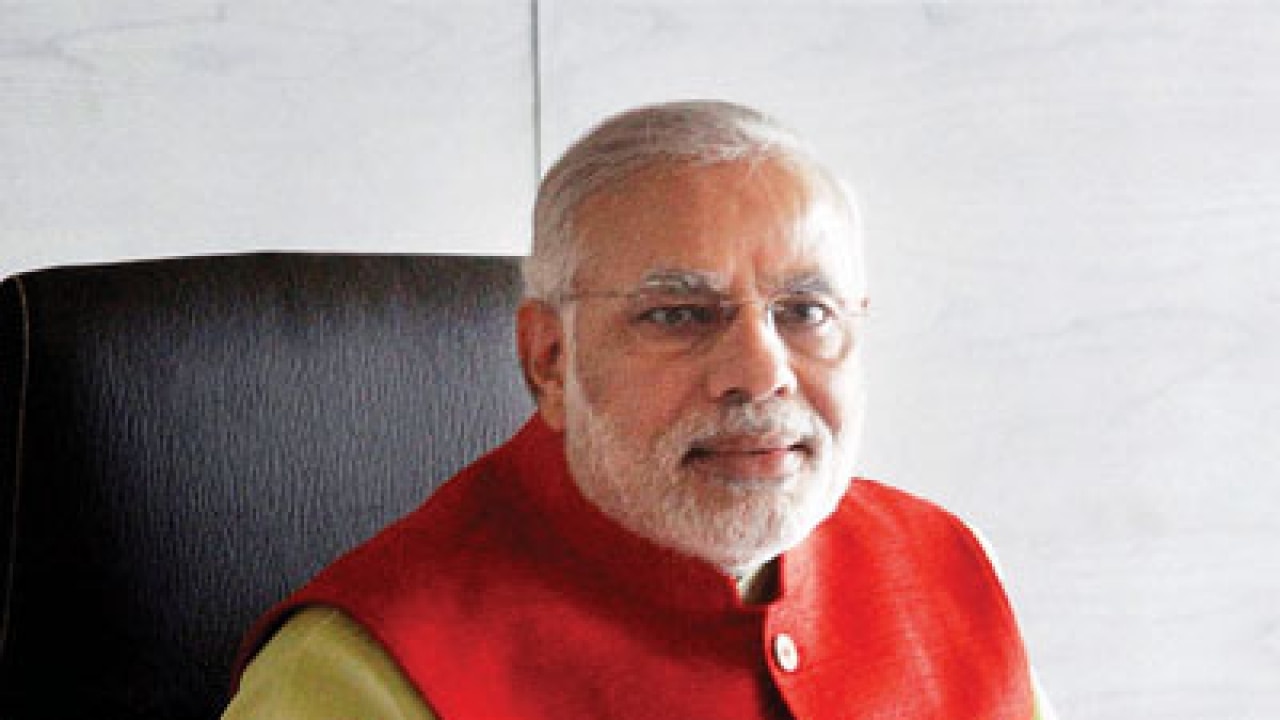
UPA’s Prime Minister Manmohan Singh undid in his second term much of the good work he had done, especially on the foreign front, in his first five years. BJP’s Prime Minister Narendra Modi seems to be undoing in the very first month of his second year the good beginning that he had made with India’s neighbours on his first day and in his first year.
In fact, the Myanmar operation of Modi sarkar may have undone what was painstakingly achieved — in India’s ties with neighbours — over 20 years or so. The issue is not the “surgical strike” carried out Indian Special Forces within Myanmar on June 9. What has caused concern, even alarm, among India’s neighbours is the way the operation was unabashedly publicised and projected —- as a revival of Indian “asymmetrical power” in the region. Asymmetrical power, in this context, may be defined as a more powerful country resorting to warfare against a weaker one to reinforce its superiority.
India was perceived as a big brother, if not a bully, in the region during the time of Indira and Rajiv Gandhi. Non-Congress governments worked hard at sending out the message that India’s size, far from being a threat, would be a source of strength and support to smaller neighbours. As the Janata Party’s foreign minister, Atal Bihari Vajpayee mooted “cooperative bilateralism”. PV Narasimha Rao tried to live down the image of India that had prevailed during the long Congress rule. IK Gujral’s “unilateralism” showed good intent but lacked depth and content to be sustainable.
Thus, it fell to Vajpayee as Prime Minister to impress that India’s size would complement and not diminish neighbours. The breakthrough in ties with Pakistan and the call to South Asian nations to “grow rich together”, among other initiatives, helped India bond better with its neighbours. Manmohan Singh stuck to this line of keeping the neighbours reassured during the UPA’s 10 years.
Since the mid-1990s, despite incidents on the borders with Pakistan, Bangladesh, Bhutan, Nepal and Myanmar, perceptions of India as an asymmetrical power have been muted. Since 1995, at least 12 strategic hits were carried across the international border, including against insurgents in Myanmar — without the blaze of publicity, or adverse reactions from affected neighbours. In fact, Bhutan, Myanmar and Bangladesh had been most cooperative. The ‘problems’ that needed to be tackled were dealt with firmly but discreetly, with diplomacy as the velvet glove to the army’s iron fist. Even retaliatory strikes across the Line of Control were relatively quiet affairs sans publicity and chest-thumping.
The Myanmar operation is a departure, in every sense, including the strategy to make public details of the operation, incite finger-pointing at a ‘big’ neighbour and send out a loaded message to Pakistan. These were deliberately done and the decisions arrived at after deliberation. Only because the strategy had Prime Minister Modi’s nod did Ministers like Rajyavardhan Singh Rathore and Prakash Javadekar go overboard that the Myanmar operation was a message to other countries, too.
By the time, two days later, Modi stepped in to restrain his irrationally exuberant ministers, the damage had been done. Neighbours would now be wary of cooperation with an India reviving itself as an asymmetrical power. The government of Myanmar is embarrassed and exposed in the eyes of its own ‘nationalists’. The hesitation to cooperate in future combined with New Delhi’s intent to show that it can act without regard for neighbours’ sensibilities, is a strategic disadvantage. In policy terms, it is a setback to Modi’s avowed line of ‘neighbours first’.
Regional diplomacy is not an IPL match of 20 overs to be won by hitting sixers against neighbours.
The author is an independent political and foreign affairs commentator